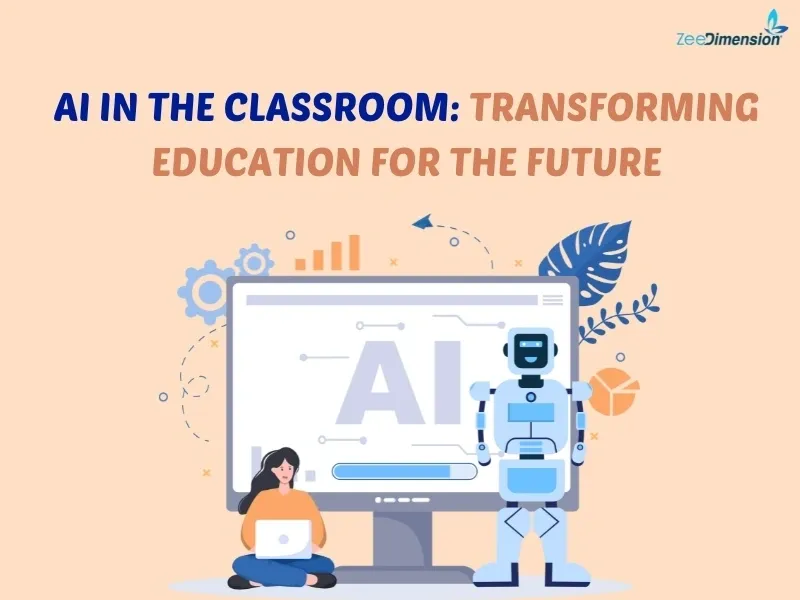
Introduction
Artificial Intelligence is revolutionizing education by personalizing learning and supporting teachers. See how it’s shaping the future of classrooms.
1. Personalizing the Learning Experience
AI makes learning more personal by adapting lessons to each student’s pace. Tools like Khan Academy help learners progress on their own terms, enhancing both engagement and performance.
2. Automating Administrative Tasks
Automating administrative tasks like attendance and grading with tools like Turnitin gives teachers more time to focus on what truly matters—student learning.
3. Enhancing Accessibility and Inclusion
AI empowers inclusive learning. From Microsoft’s Immersive Reader helping students with dyslexia to real-time translation tools bridging language gaps, technology ensures every student has a chance to succeed.
4. Engaging Students with AI-Driven Content
Revolutionize learning with AI-driven tools that boost engagement and curiosity. Through gamification and augmented reality, AI creates virtual experiences, sustaining theoretical concepts and practical applications. Imagine students exploring ancient landmarks via Google Expeditions, making lessons both fun and memorable.
5. Providing Real-Time Feedback
By offering immediate corrections, AI tools enable students to enhance their writing skills quickly. Real-time feedback helps students refine their work in the moment, boosting both their proficiency and self-assurance. Grammarly is one such tool that empowers students to correct errors instantly and track their progress.
Challenges of AI Integration
While AI in education presents hurdles—costs, privacy, and readiness—investing in solutions and collaboration leads to improved student outcomes. It’s worth the effort.
The Future of AI in the Classroom
AI won’t replace teachers—it will empower them.
By automating tasks and personalizing education, AI allows teachers to focus on mentoring and inspiring.
What’s your view on AI in education?
Call to Action
We would love to hear from you! What’s your perspective on AI’s role in the future of education? Leave your insights in the comments section!







